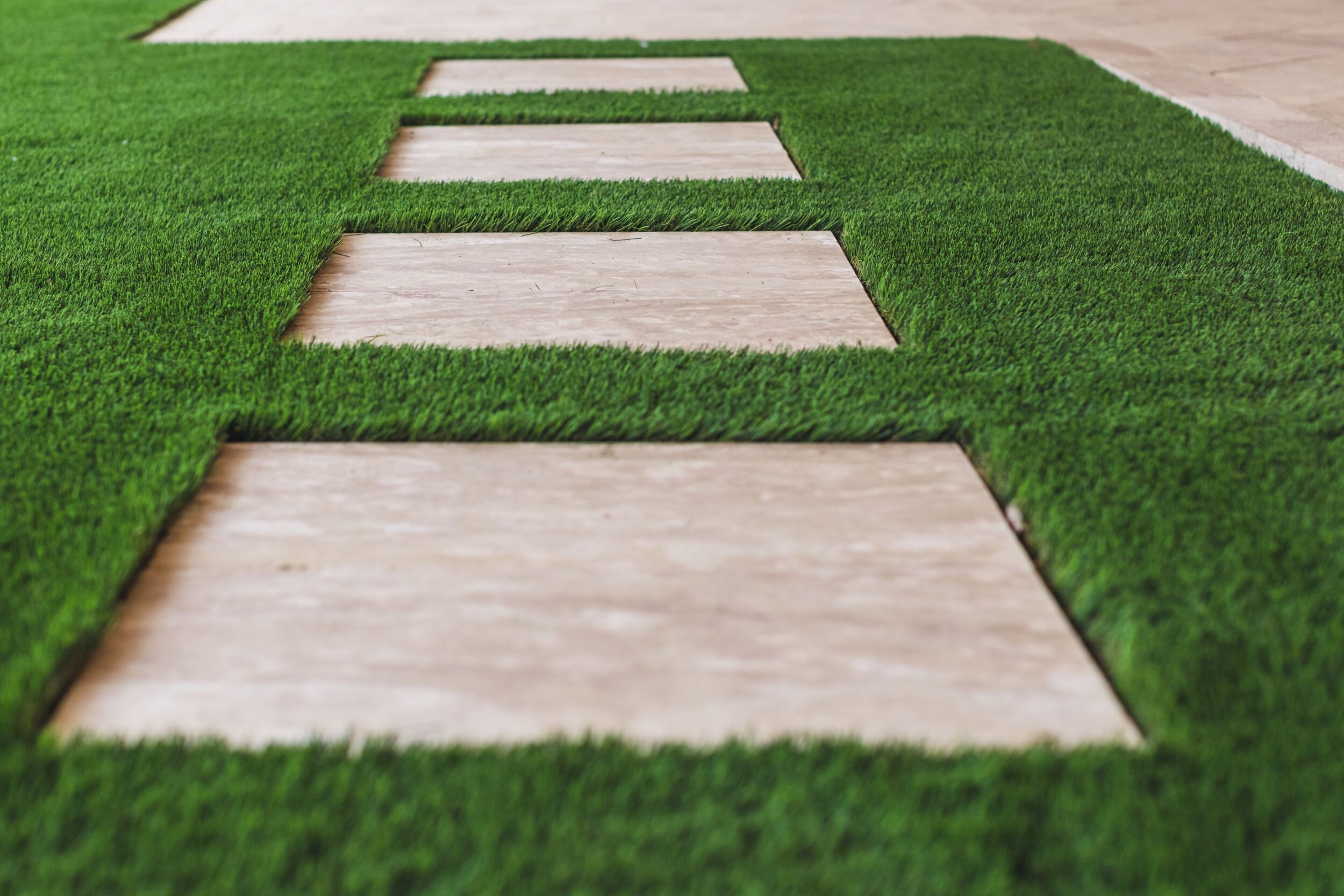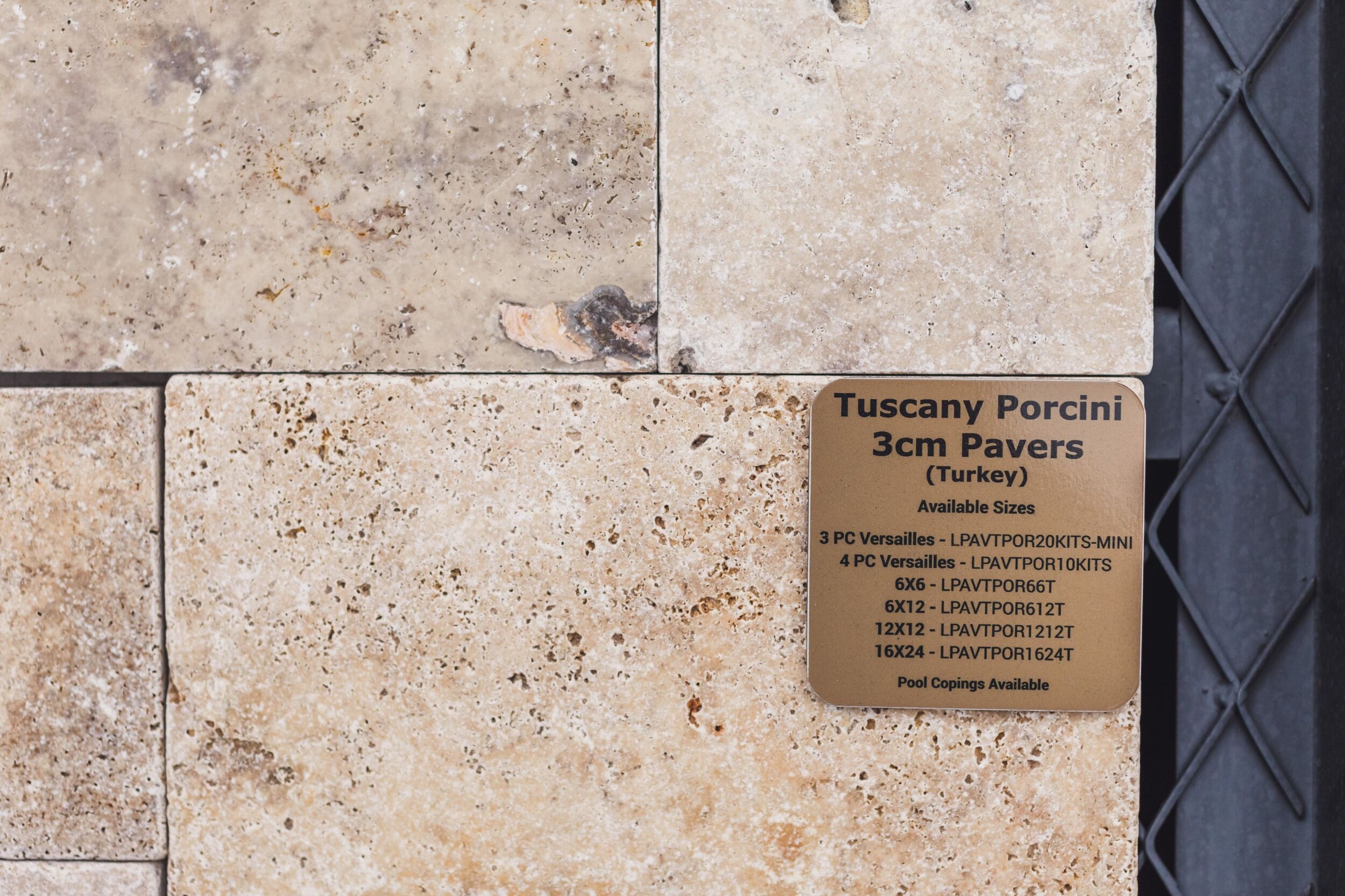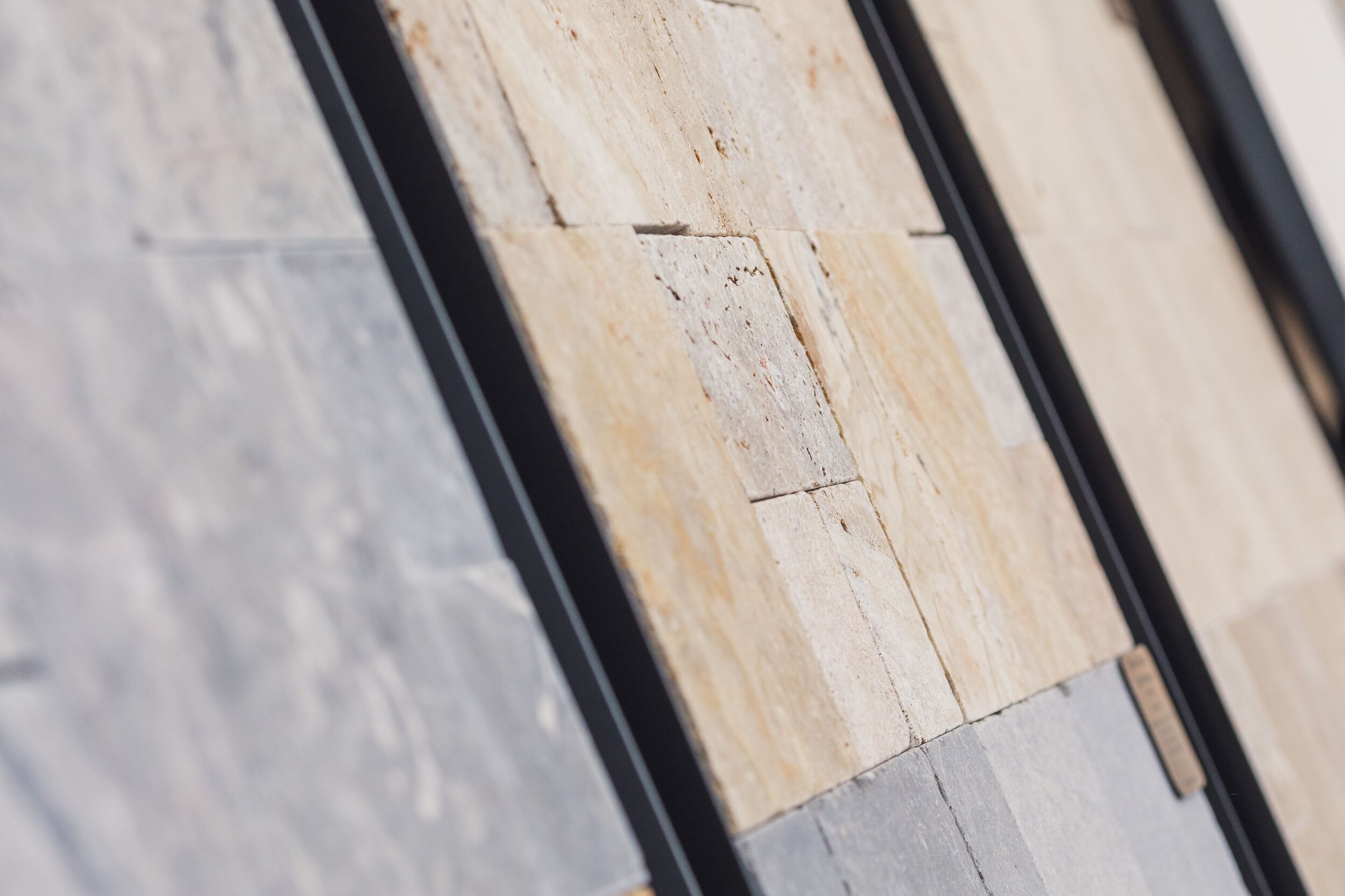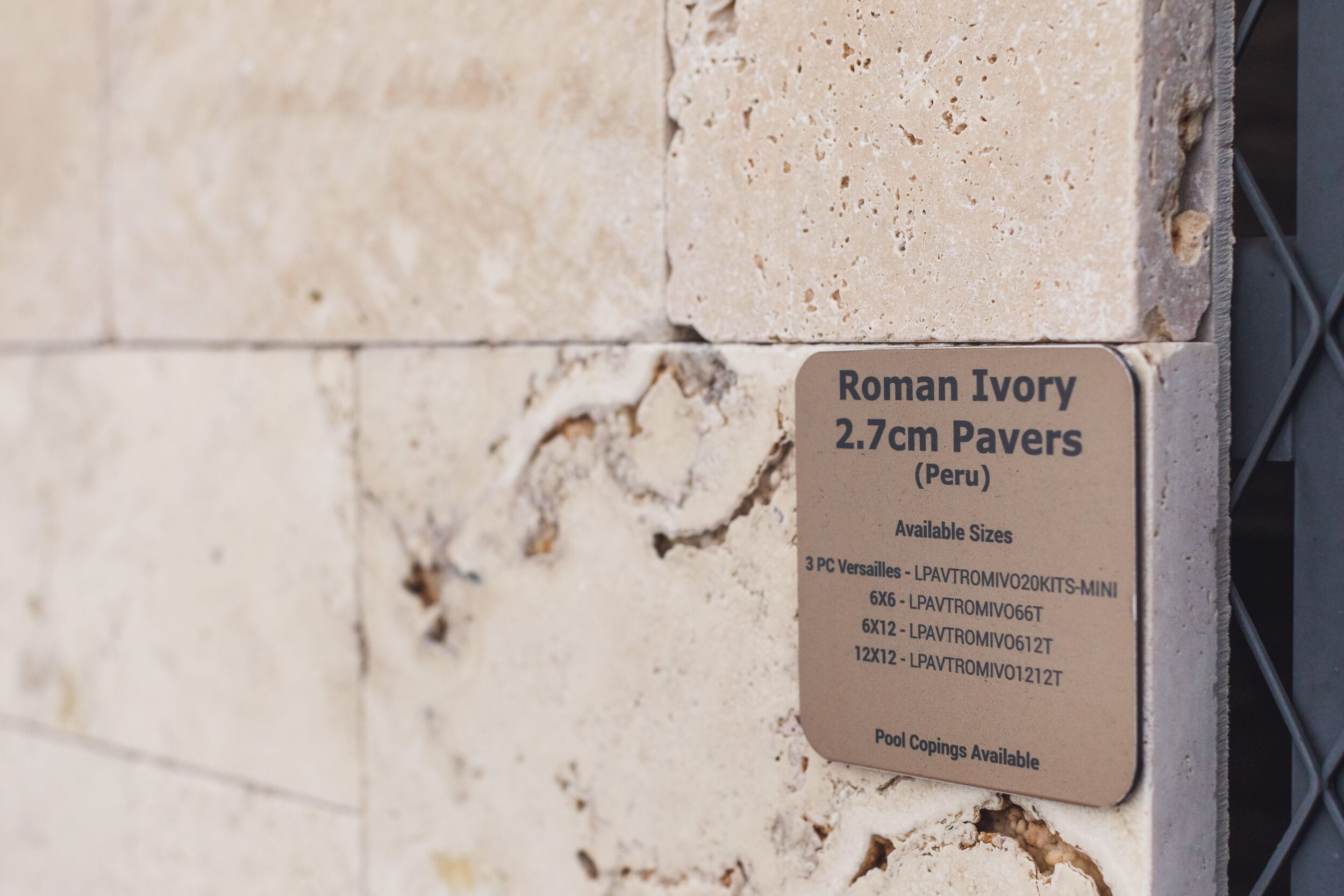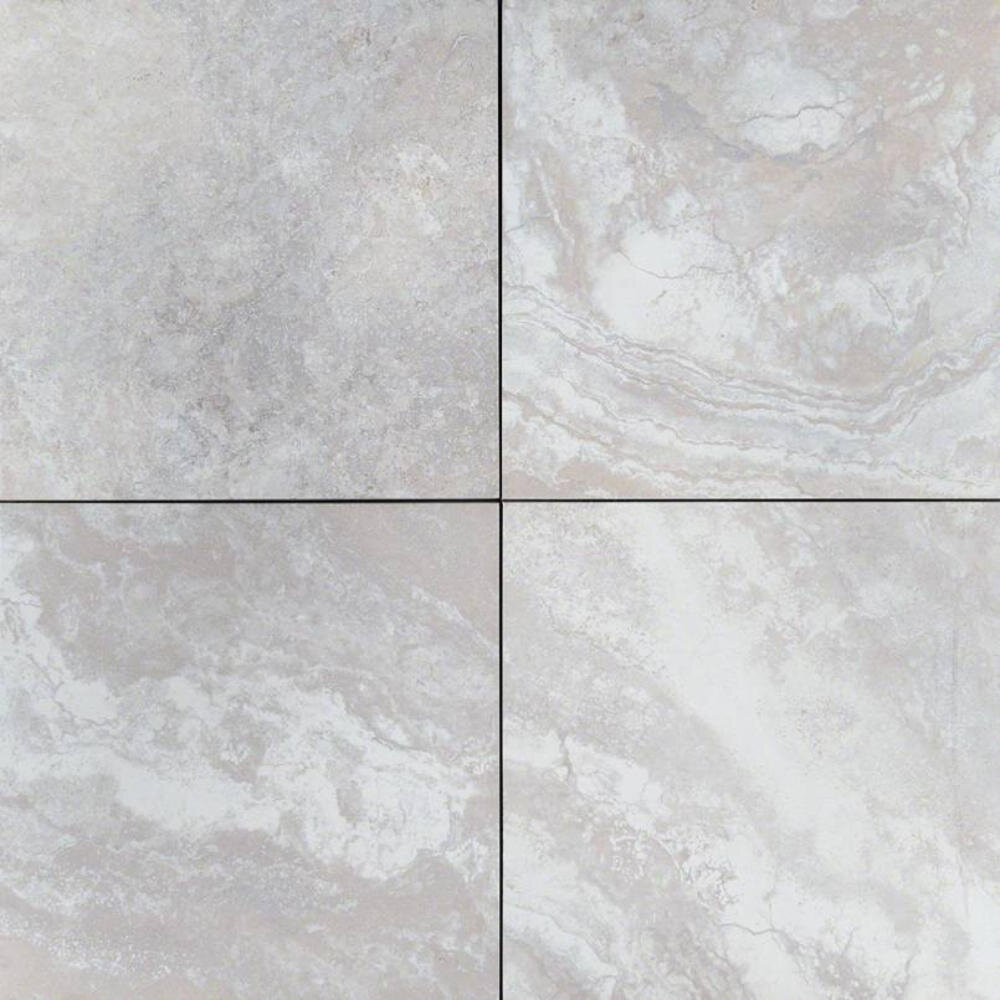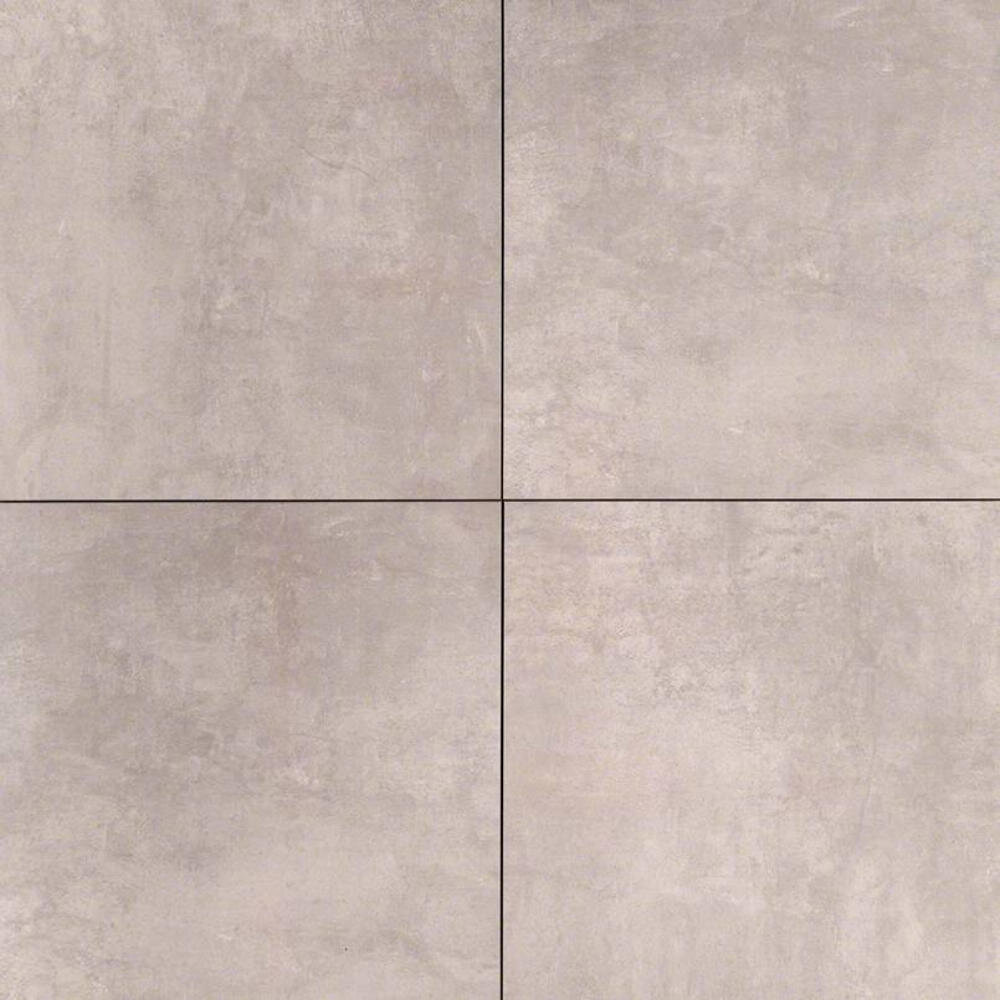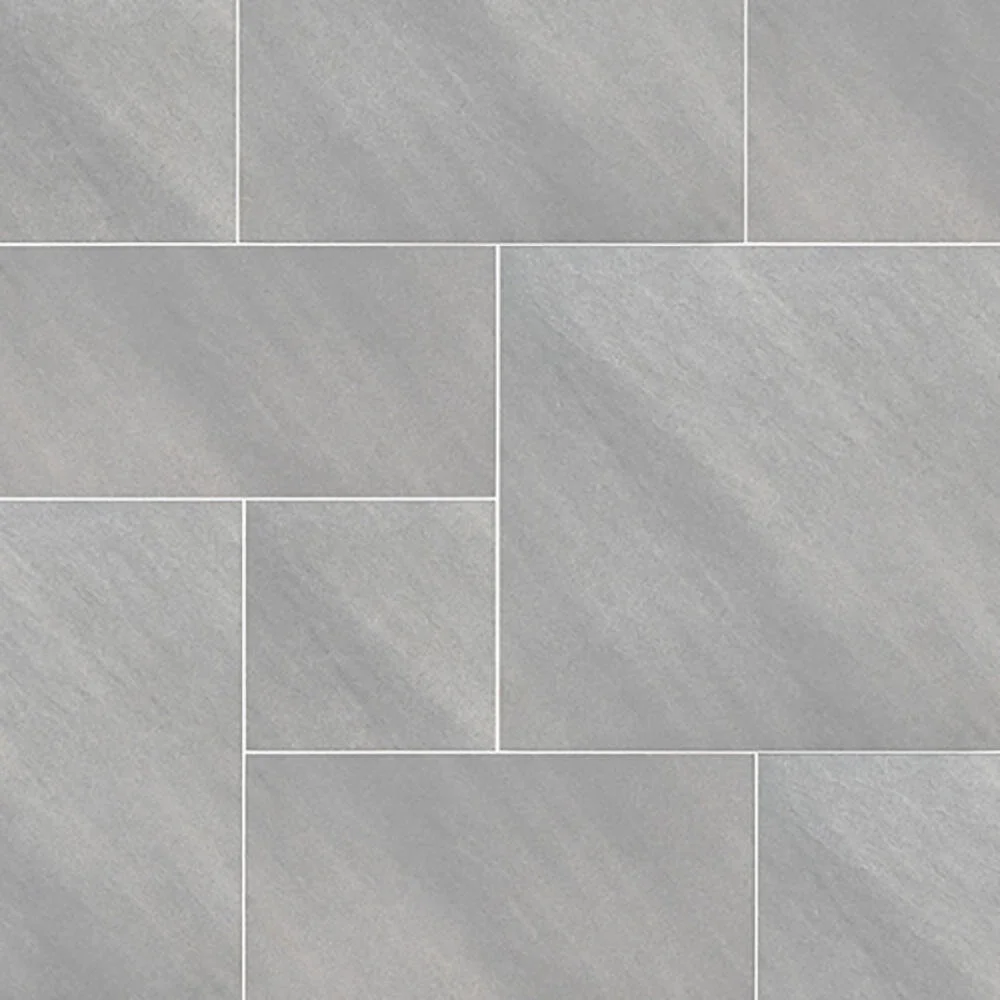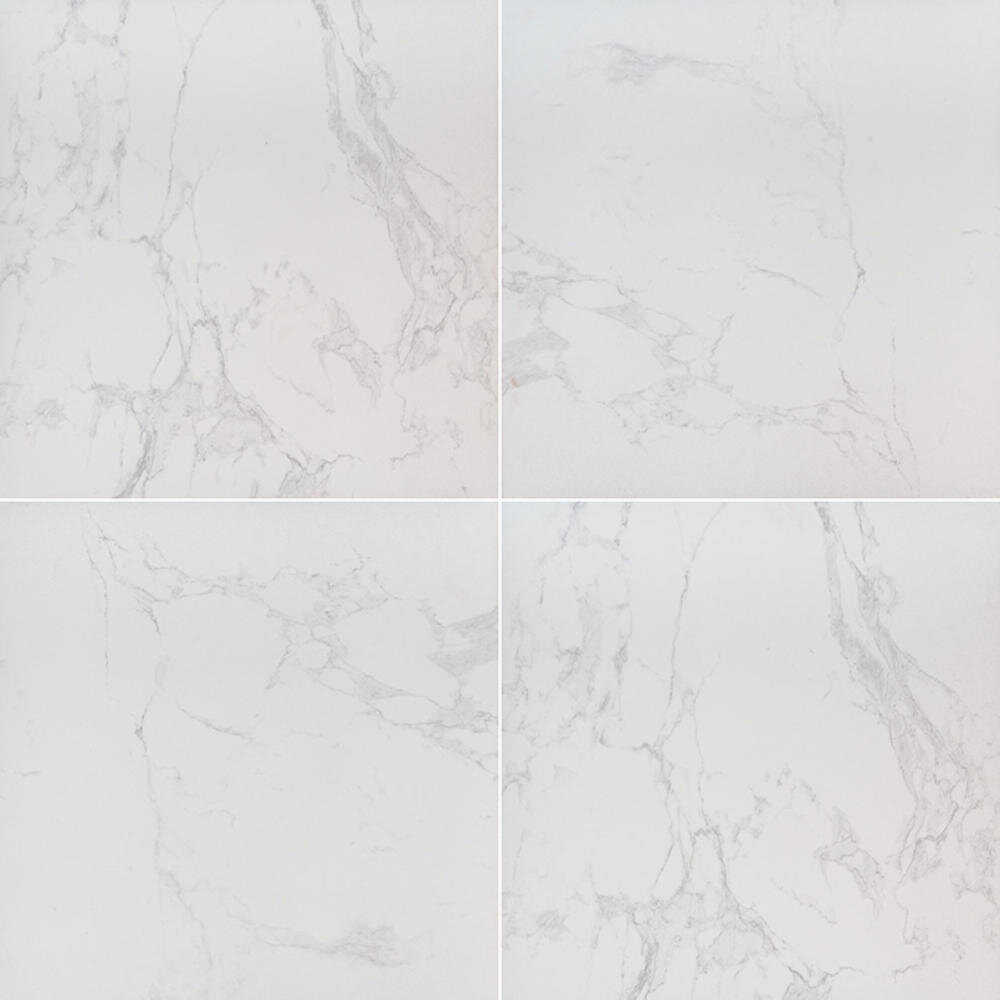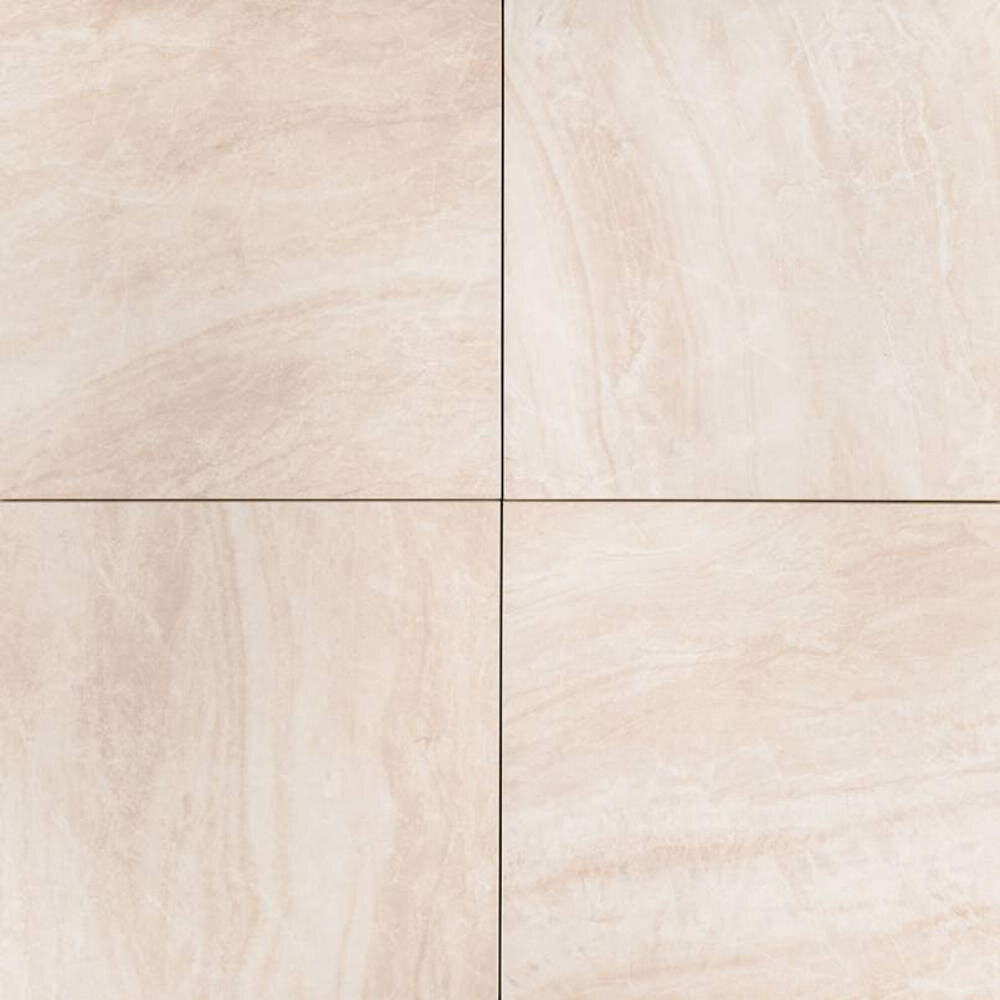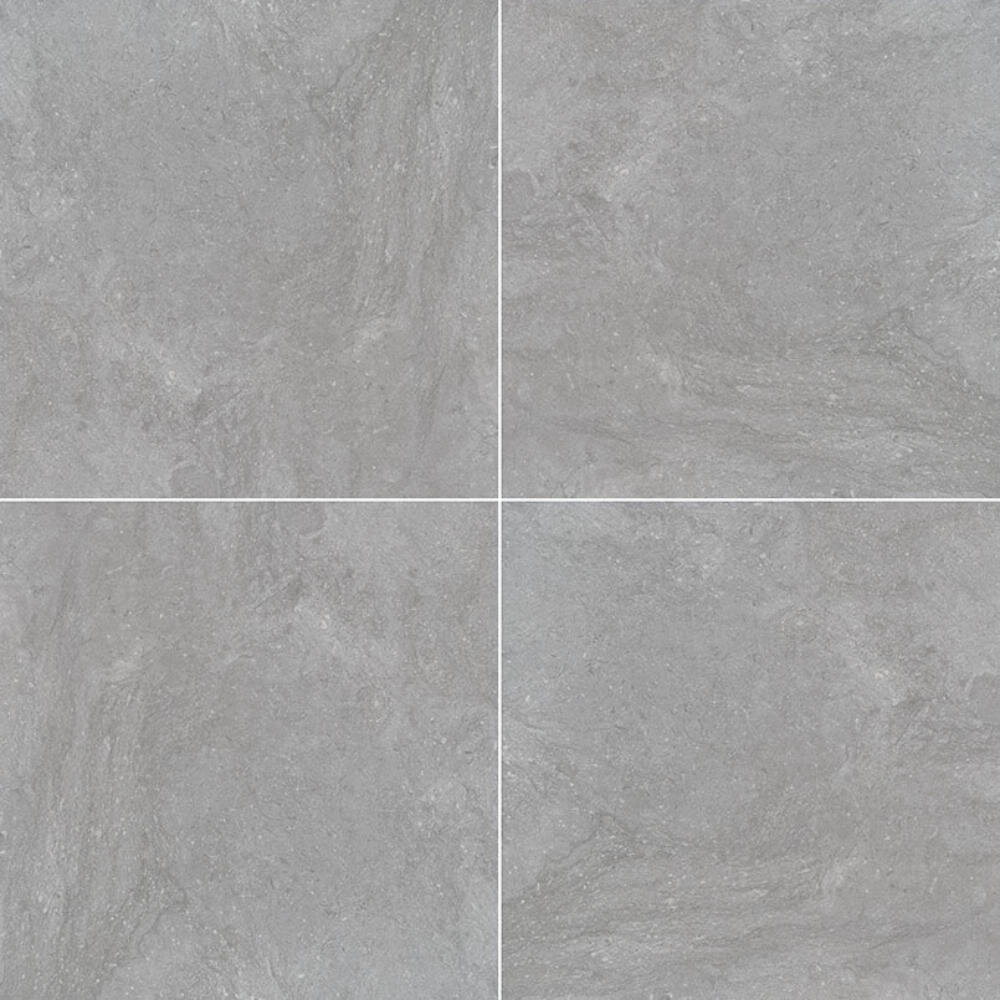The versatility, popularity, and value of pavers as an outdoor hardscaping element is irrefutable. Our inventory of hardscape pavers is extensive. Use them to help you design and install the backyard of your dreams. We have pavers in travertine, marble, sandstone, limestone, and slate to help you create areas such as outdoor patios, walkways, kitchens, fireplace areas, driveways, and pool decks.
What Are Pavers?
Pavers are usually made of concrete, natural stone, brick, or clay. They are formed into interlocking paving stones, providing a low-maintenance, smooth surface with good drainage.
What Are Pavers Used For?
Hardscape paving stone applications are many and varied. Some of the most common uses for pavers include: driveways, walkways, patios, outdoor foyers, outdoor seating areas, pool decks, outdoor kitchen and grill station flooring.
What Are Some Advantages of Paver Hardscaping?
Pavers can be used to create a wide variety of custom hardscape areas in many styles and layouts. They’re longlasting, durable, and require minimum maintenance. The replacement of a damaged stone is easy and low-cost. They add timeless appeal and increase your property value and ambiance. Your secure, nonslip pavers are eco-friendly, reduce landscape maintenance requirements, and require no wait time to use, unlike concrete or asphalt.
Paver Materials and Styles
CLICK ON EACH IMAGE TO ENLARGE & SEE COLOR’S NAME.
As with any natural stone, variations in size, shape, color, and texture should be expected. However, you can expect that all of out stone paver materials will be of superior quality.
Travertine Pavers
Marble Pavers
Sandstone Pavers
Limestone Pavers
Belgard Concrete Pavers
Slate Pavers
Arterra Porcelain Pavers
CUSTOMER EXPERIENCE MATTERS
NEW AND RETURNING CUSTOMERS CAN EXPECT A 5-STAR EXPERIENCE FROM BEGINNING TO END.
Paver FAQs
-
Paving stone hardscaping can be swept clean. Scrubbing pavers with water and a small amount of detergent will remove stubborn dirt and minor discoloration. An occasional pressure washing is beneficial as well. Sometimes, weeds grow between the stones and require removal, but the risk of this is significantly reduced by professional installation and the use of sand filler.
-
One of the significant aspects of pavers is that they don’t just come in a variety of materials, they also come in a practically endless selection of colors, patterns, textures, sizes, and styles. These include an array of natural stones, each offering a unique look, as well as different colored bricks, slabs, and tiles.
-
Pavers are created with many types of natural stone. Some of the more common stones include travertine, granite, basalt, slate, flagstone, fieldstone, cobblestone, and more.
-
This depends on the where the pavers and placed and how they are installed. The big reasons pavers can shift over time are:
The Base Isn’t Compacted Properly Incorrect Right Paver Edging
Space Between Pavers
Poor Drainage
Non-level Areas
These issues can be limited and avoided by professional installation.
-
Yes. Concrete pavers are a popular choice for driveways, sidewalks, patios, and pool surrounds. Our pavers are manufactured to high standards, creating a durable and uniform product that can actually create a stronger driveway than poured concrete. Concrete pavers often carry a lifetime warranty for integrity.
-
Yes, once the pool structure is in place and the coping is installed, the installation of a paver patio is interchangeable with fiberglass, concrete, and vinyl liner pools. The basic process is to first, lay down a stone base. The ideal type of stone for the base is most commonly called "crusher run". Then a layer of sand is placed by skreeting with a straight edge. This creates the level sub-strata on which the pavers will rest. Finally, the pavers are installed, brick by brick, using string lines to insure the pattern runs true. The pavers are then "set" using a vibratory plate compactor and by sweeping sand into the joints between the pavers.
-
Our pavers are crafted to last a lifetime (70-100 years). Even if a single paving stone (or group of stones) cracks or chips, it can simply be replaced, which means the overall installation could last for future generations of your family to enjoy. It is possible that the ground could shift, settle or change enough over decades of time that even a properly installed patio or driveway may become uneven. But if this occurs, the pavers can simply be removed, the ground leveled, and the pavers put back in place.


